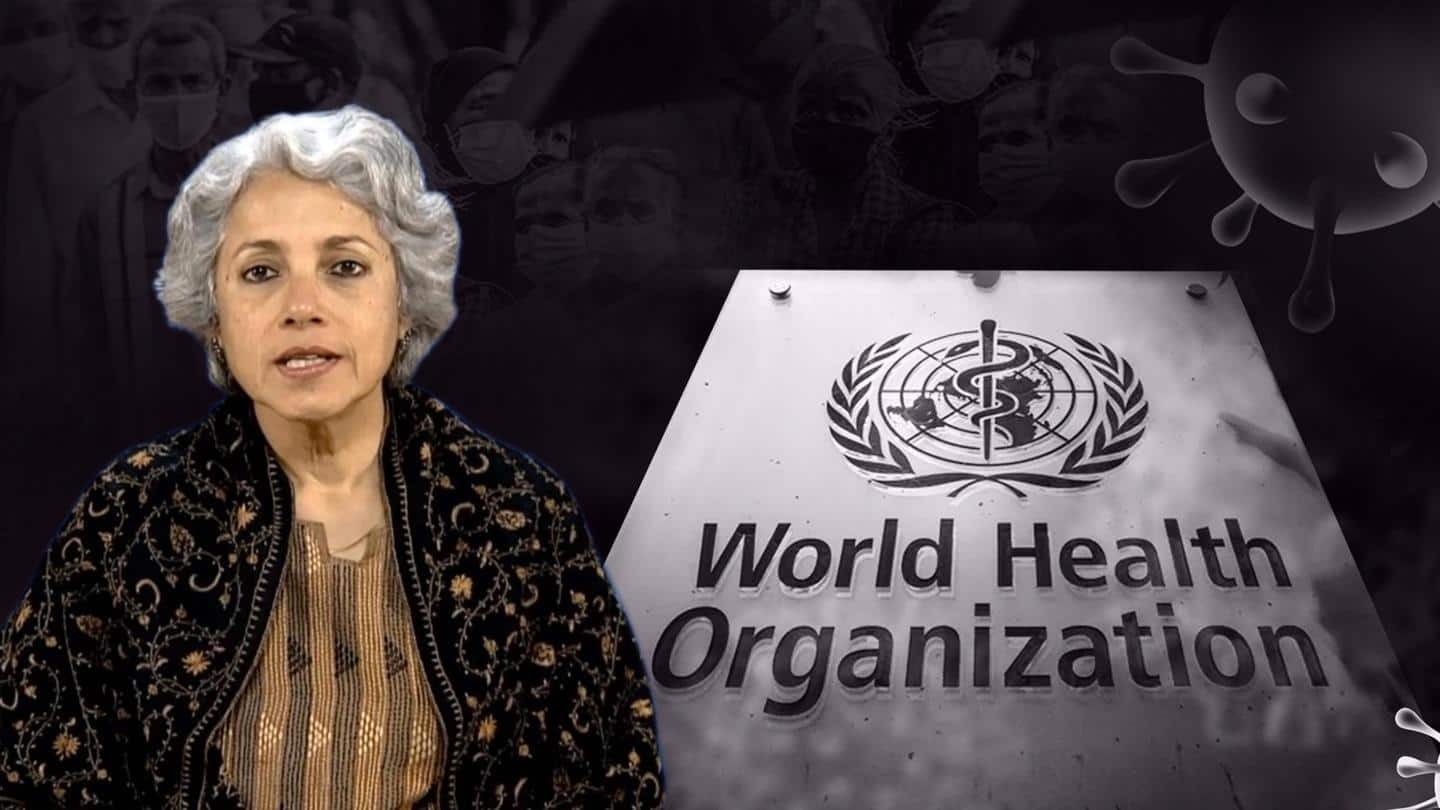COVID-19 may be entering endemic stage. What does it mean?
What's the story
Coronavirus in India might be entering the "endemic stage," World Health Organization's (WHO) Chief Scientist Dr. Soumya Swaminathan said in an interview with The Wire.
That means the severity and scale of the disease may lower over time, but it might never go away.
So, what exactly is an endemic and how does it affect you?
Quote
'We may be entering the stage of endemicity'
"We may be entering some kind of stage of endemicity where there is low level transmission or moderate level transmission going on but we are not seeing the kinds of exponential growth and peaks that we saw a few months ago," Dr. Swaminathan said.
Details
What is an endemic?
A disease is said to be in endemic stage when it is perpetually present but limited to a particular population or area, causing repeated outbreaks there.
However, the spread of the disease remains predictable, according to experts.
The United States' Centers for Disease Control and Prevention says endemic refers to "constant presence...of a disease or infectious agent in a population within a geographic area."
Difference
How is it different from a pandemic?
A pandemic is a disease that affects a large number of people across multiple countries or continents.
COVID-19 was declared a pandemic by the WHO in March last year as it began spreading across continents.
An endemic, as mentioned, is limited to a certain population or region.
Becoming endemic is the "natural progression of many infections we have in humans," said epidemiologist David Heymann.
Information
What are some examples of endemic diseases?
One example of endemic viruses in the US is the seasonal flu. Other examples include chicken pox, prevalent in many countries, and malaria, prevalent in countries across Africa, Asia, Latin America, and the Middle East.
COVID-19
Is COVID-19 becoming an endemic?
Experts say the coronavirus pandemic could be the next endemic.
That prediction is based on the assumption that newer strains of the virus will continue to develop.
We are "transitioning from this being a pandemic to being more of an endemic virus, at least here in the United States and other Western markets," Pfizer board member Scott Gottlieb recently said on a CNBC program.
Vaccination
So, will you need more vaccine shots?
So, will you need vaccine shots every year? Well, booster shots are still a subject of debate. But studies suggest they may be needed.
The efficacy of Pfizer's vaccine declines over time, dropping to about 84%. Same is the case with Moderna.
Furthermore, data from Israel indicates that a booster shot of Pfizer's vaccine can significantly improve immunity in people aged 60 and above.
Information
What can you do?
Whether or not COVID-19 becomes an endemic, there are a few precautions you can and should continue to take. Getting vaccinated, wearing face masks, following hand hygiene, and maintaining social distancing in public spaces can help contain the spread of the disease, according to experts.
